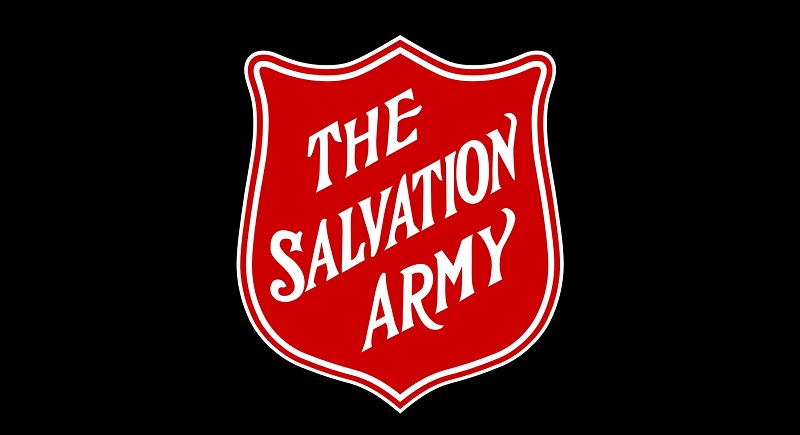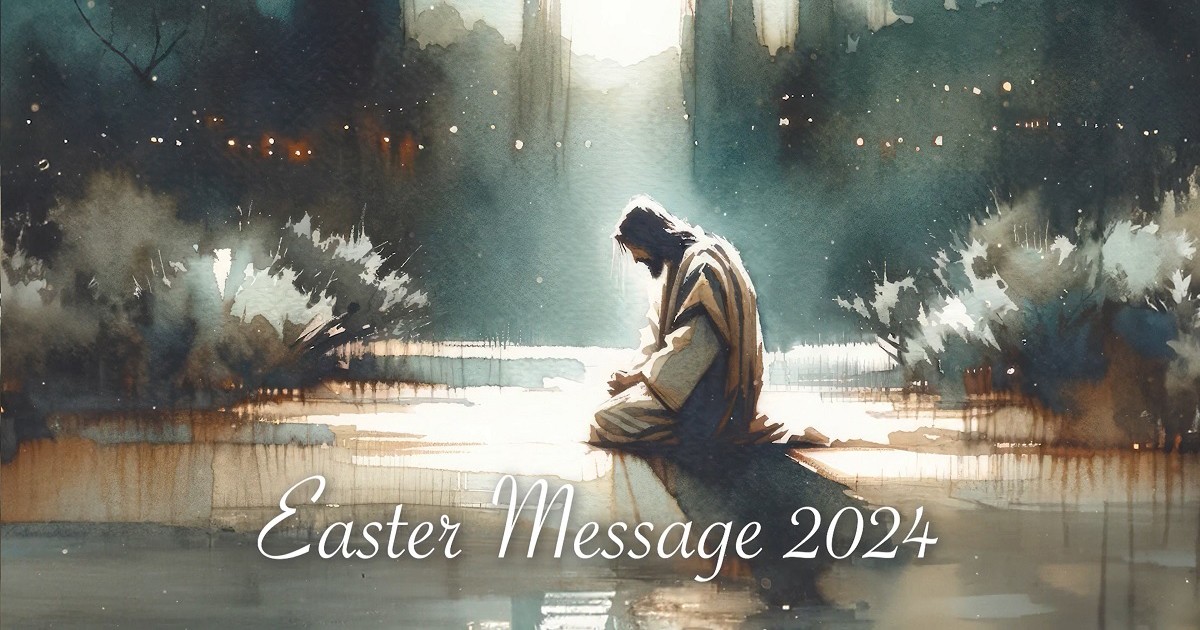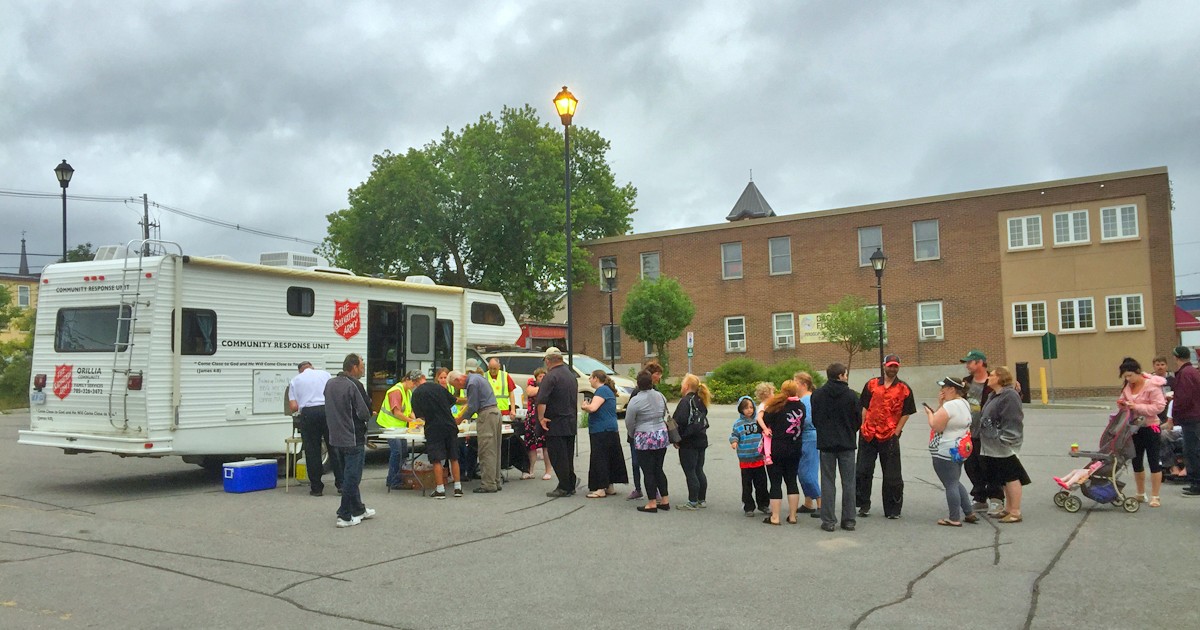 Yes, my family is a testimony of how the Army welcomes people of all cultures.
Yes, my family is a testimony of how the Army welcomes people of all cultures.
BY CADET LEONARD HENG
I came to Canada with my family from Singapore in 2006 because I was attracted to the Canadian educational system and wanted to provide more options for my family. There were many challenges with emigrating to a foreign country: coping with weather conditions, housing, transportation, language, culture, people and employment opportunities. We visited churches but somehow felt alienated.
I had the desire to help people who were struggling and marginalized. I was aware that The Salvation Army was a large, social services organization, but did not know that it was also a church. I decided that I would volunteer my services with the Army.
When I first stepped into Toronto's Scarborough Citadel, I was a little intimidated by those who were in uniform. Otherwise, I felt at home with the entire worship service. The music and hymns were familiar, the sermon was challenging and comforting and the preacher was personable. The people were warm, approachable and welcoming. There was also a good mix of people in the congregation. Eventually, I was asked to be their cross-cultural ministries co-ordinator to serve the community, which has a population of close to 600,000 and is home to a range of ethnicities. Fifty-five percent of Scarborough residents are born outside of Canada.
General William Booth valued multiculturalism and, from its early days, the Army's leaders spoke about winning the world for Jesus. Since its inception, the Army has been concerned with the spiritual and social needs of all people, recognizing that we are made in the image of God. Regardless of our race or nationality, we are all equal in our intrinsic value.
Our social services are offered on a non-discriminatory basis and our worship services are open to everyone. The Army believes that racial and multicultural integration of believers is possible within the body of Christ because the gospel transcends human culture (see Galatians 3:28). The Army is intentional in its efforts to incorporate different styles of worship to meet the diverse needs of its international community and is at work in 126 countries around the world.
With such a solid reputation and rich heritage from our early leaders, the idea of welcoming people from other cultures has become entrenched in Army culture through the years. To act otherwise would be unacceptable and diametrically against the trend of Army culture.
After serving as Scarborough Citadel's cross-cultural ministries co-ordinator, I was asked to be a part of the corps' leadership committee. My children were actively engaged with the vibrant music ministry, children and youth activities and summer camp. A year later, my wife, Peck Ee, joined the corps as the family services worker. As a team, we helped to connect people with activities and programs such as learning English, monthly movie nights and cultural celebrations. We also connected newcomers after worship services and invited them to join Bible study and other groups. Our food bank ministry was a blessing to those who were seeking friendship as well as food, as we introduced them to our multicultural activities.
Through their involvement, people in the community were informed, inspired and connected with the corps. Music teams from different nationalities were invited to share their music on various occasions at the corps. During our annual picnic and fun fair, we all enjoyed fun and games and shared our unique ethnic dishes.
General Booth offered us four effective steps for outreach: go to where the people are; attract the people; save the people; and involve the people. We are the church and we bring the church to where the people are.
The Army brings a rich variety of cultural expressions to the heart of Christian mission and ministry. In fact, I know of at least 10 Army churches that have adopted the same effective strategies in reaching out to multicultural communities in their own neighbourhoods. Christ died for everyone and that includes newcomers to Canada. We are reminded by our Founder concerning God's boundless salvation to reach out to everyone: “Go straight for souls and go for the worst.” Indeed, the gospel of our Lord Jesus Christ, which transcends all cultures, must be preached to all people.
Cadet Leonard Heng is currently in the Field-Based Tailored Training program at the College for Officer Training and ministers at Toronto's Agincourt Community Church.
No, we need to be more intentional about helping diverse groups feel at home.
BY CAPTAIN RICK ZELINSKY
As a child, I used to sing, “Jesus loves the little children, all the children of the world. Red and yellow, black and white they are precious in his sight….” Back then, my sense of Jesus loving all the children of the world really meant “those children over there”—in places such as Africa and Asia. Growing up in the Ontario suburbs, I never knew kids who were racially different than me, and my church reflected that reality. Times have changed dramatically and with the influx of immigrants and refugees into Canada in recent years, the world is now “here,” on our doorstep.
Some of the questions we ask in the Army are: Are we doing enough to reach people of all cultural backgrounds? Do some of the Army's cultural peculiarities get in the way? As I prepared this article, I asked people in my congregation who were from Iran, China and Korea whether the Army's military structure and church culture created any barriers for them. While they were curious about the rationale behind the Army's military structure and symbols—uniforms, flags, ranks—there wasn't any fear or perceived barriers because of it. In fact, they all shared how this was a normal part of life in their country of origin.
What we perceive as barriers are not always hindrances to people of other cultures. After all, Salvation Army membership is booming in other parts of the world. Perhaps our preoccupation with identity has more to do with keeping up with the changes that are afoot in the wider Western church than it is with attracting newcomers. The reality is that cultural integration is a challenge for all churches and we all need to be sensitive. Perhaps the Army is more acutely aware of it because of the wide range of people who are helped through our social services ministry.
There are aspects of Army culture that can help us make strong connections with people of diverse backgrounds. For example, hospitality is a traditional value of Salvationism. “A good cup of Army tea” was the tactic my corps sergeant-major used to invite people to stay for fellowship after services. The difficulty we often face is that our hospitality lacks intention. It is something we do out of tradition rather than with the goal of understanding its importance to newcomers.
I have an Eastern European heritage and, in my culture, hospitality is intentional. My mother and grandmother always cooked too much food in the event that someone would drop by. If friends were over for a visit, there was an expectation they would stay for dinner. As an adult, I have experienced this same intentional hospitality in my interactions with Korean friends, Eritrean neighbours, as well as Mexican and Iranian congregants. Hospitality transcends cultural forms and is a powerful Salvation Army value.
The key to successful integration is intentionality, but this isn't something that comes to us naturally as a denomination. Our pragmatism makes us reactionary instead of proactive. We often rely on doing what we've always done rather than planning for the future. Given our increasingly multicultural society, our future must include diverse communities. When was the last time we reviewed our corps' programming to ensure it reflects the community makeup? When do we stop and ask if we are relevant to our community profile?
One vital program at North Toronto Community Church is our English Conversation Café. This program intentionally reaches out to our culturally diverse neighbourhood, which boasts four English language schools within 100 metres of our doors with an enrolment of 3,000. In many Army corps, music programs can be a strong asset to connect with a culturally diverse constituency as music transcends cultural barriers. The challenge is recognizing the diversity in our midst and seeing it as an opportunity rather than a threat to the status quo.
If our churches are going to be community churches, they should look like their communities. Metrotown Citadel in Burnaby, B.C., recently embraced Chinese New Year as an opportunity for the church to be the centre of community celebrations in a predominantly Chinese neighbourhood. With the help of their Chinese office assistant, they learned the value parents place on seeing their children engaged in musical endeavours. Staff then responded by putting timbrels in the hands of their Sunday School children and creating a roster of children who play piano and inviting them to play in church.
The families might not understand the theological implications of the sermons, but the staff's actions reflected an understanding of their family values and an openness to invite them in. As one of the fastest growing congregations in the territory, the church has changed to reflect its place in the community.
If we take the risk of adapting our approach, the Army can be effective in welcoming newcomers into congregational life. But first we must plan with a broader sense of who we are as a community and how we can worship as a united people of God.
Captain Rick Zelinsky is the corps officer of North Toronto Community Church where he ministers with a culturally diverse community to help people connect with God and each other.
(Photo: © iStockphoto.com/CEFutcher)










So the next question is How shall we embrace different cultures? I dont like segregated services but man I love learning about others cultures, veiws, etc.